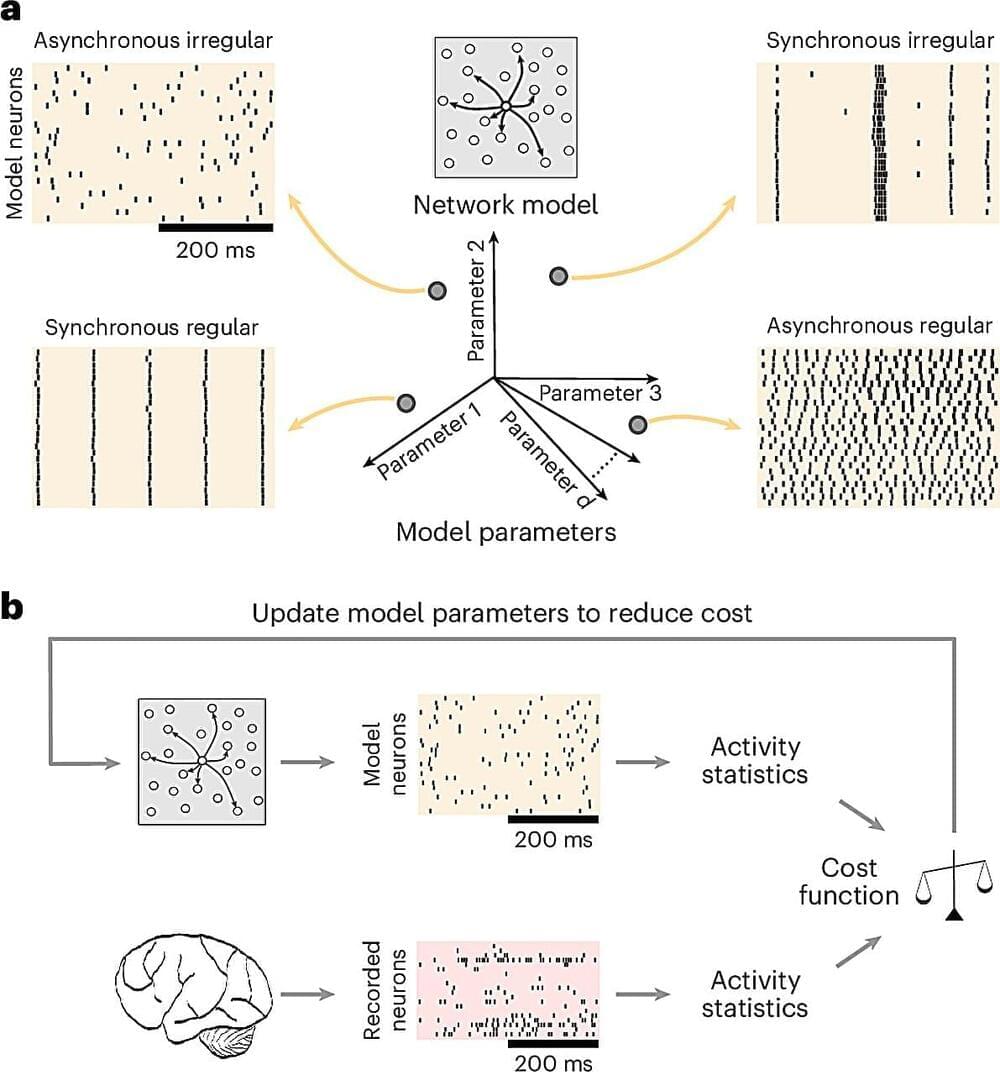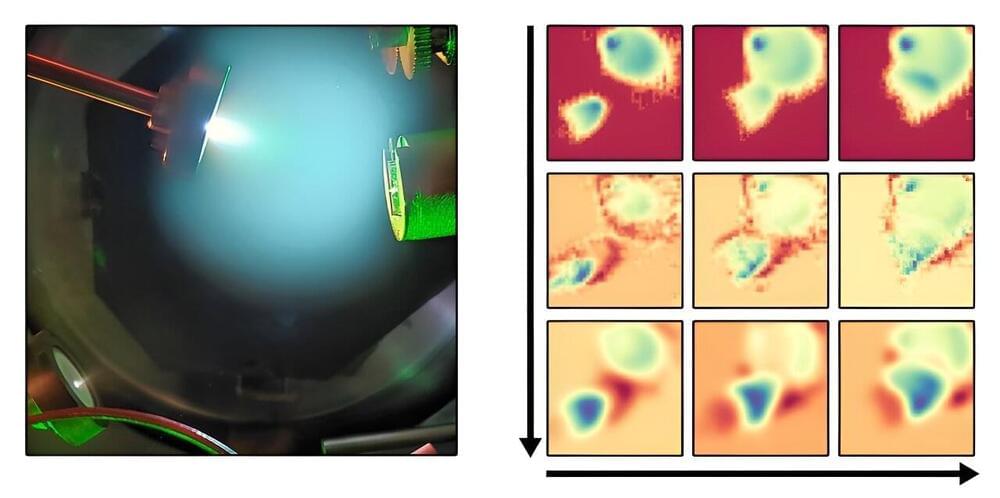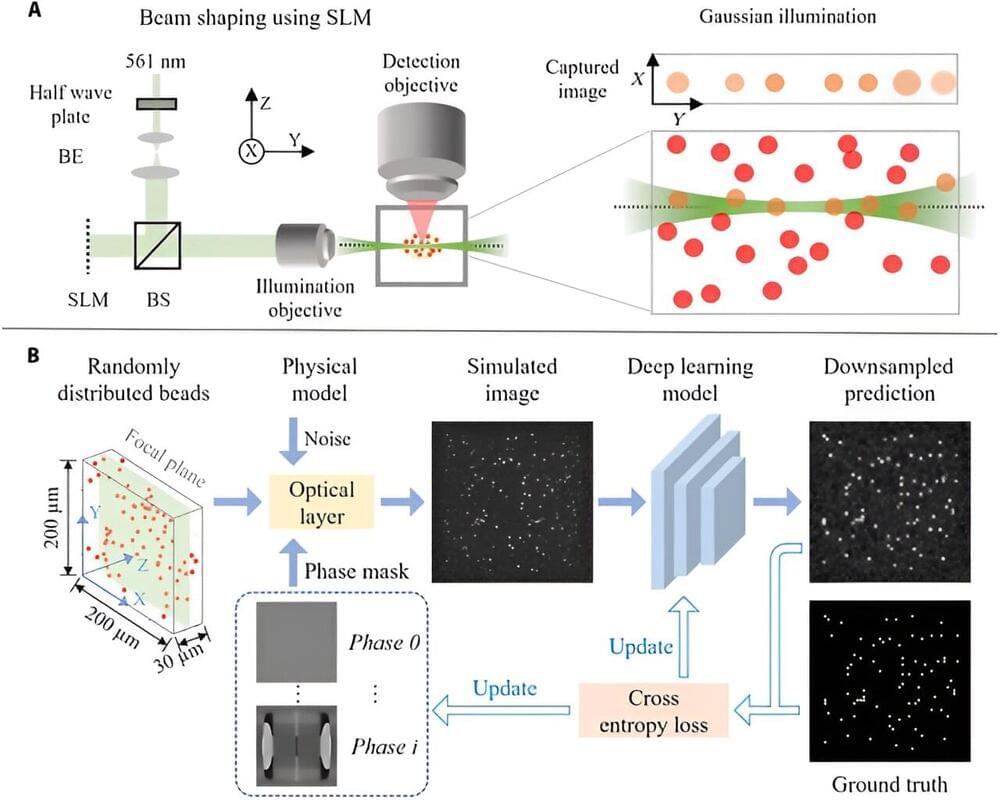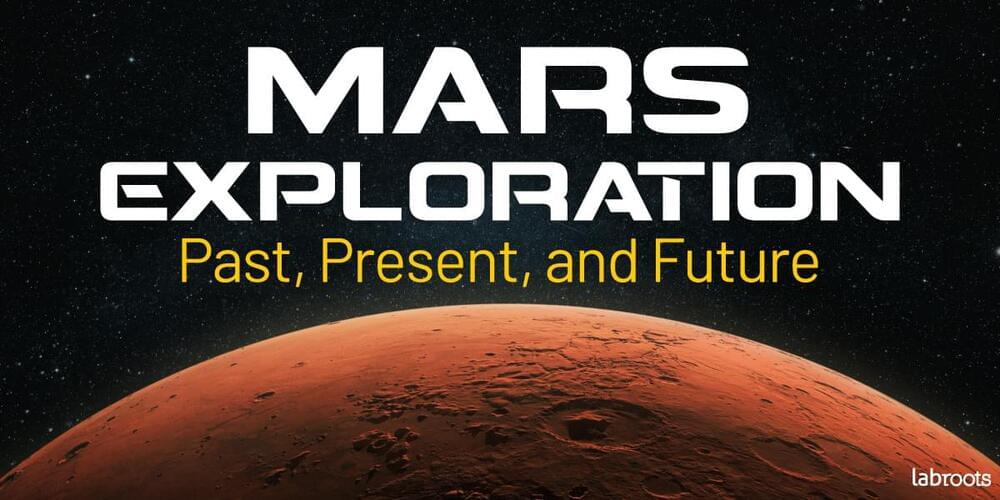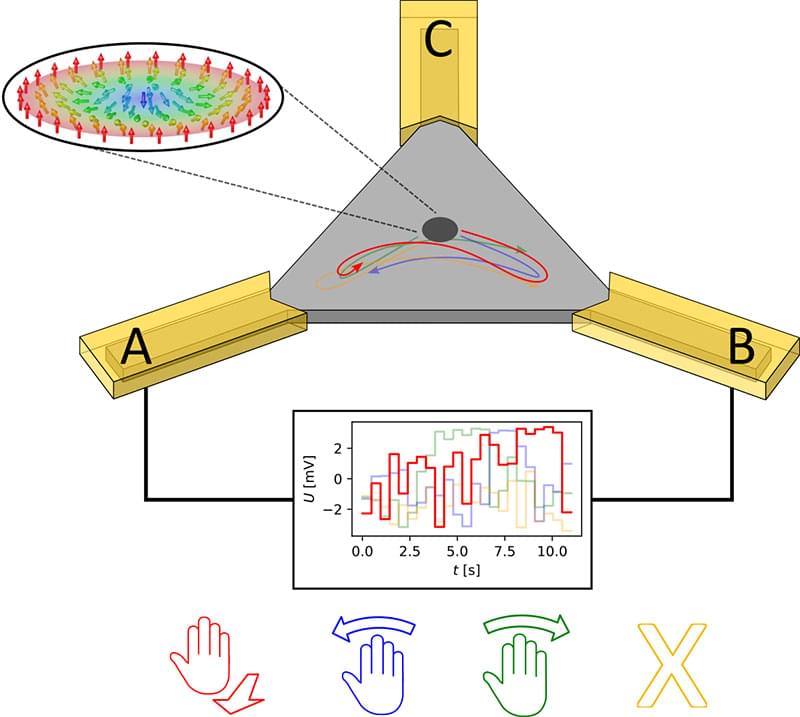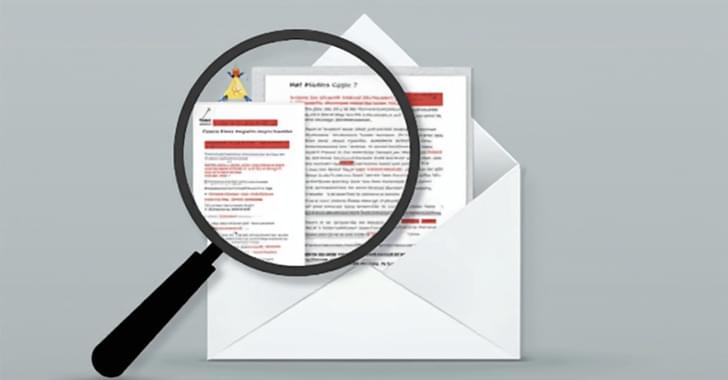Sep 17, 2024
What if everything you thought about coding was wrong?
Posted by Shailesh Prasad in categories: business, government, robotics/AI
Jensen Huang, Nvidia’s visionary CEO, challenges a long-held belief about the future of programming. While everyone has been saying it’s crucial to learn coding, Huang turns that idea on its head. With the rise of AI, we are ALL programmers now – without ever writing a line of code.
The real miracle is here: artificial intelligence. It has closed the gap between humans and technology, making complex computing accessible to all. Whether you’re a professional or someone just dipping their toes into the world of tech, AI is now in your hands. Are you going to let this chance slip by? The time to act is now! 🌍🤖
The technology divide is no more. Every government, industry, and business is investing in AI. Will you get on board, or be left in the dust?

